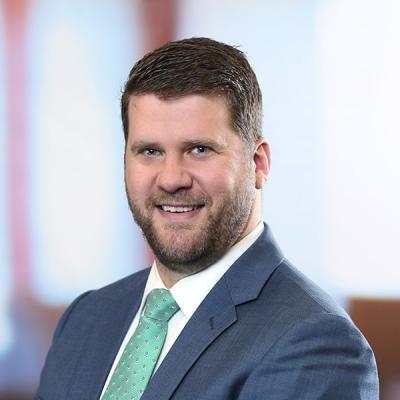Governor Baker Issues Executive Order to Reduce Risk of COVID-19 Exposure at Public Meetings
As part of the Commonwealth’s extensive response to the COVID-19 outbreak, Governor Charlie Baker temporarily suspended certain requirements of the Massachusetts Open Meeting Law in hopes of reducing the public’s risk of exposure at public meetings. In an Executive Order issued March 12, 2020, the Governor relieved public bodies of their obligation to conduct meetings in a place that is physically open to the public and made it easier for public officials to participate in meetings remotely. The move marks a meaningful step towards limiting the spread of coronavirus and was carefully weighed against the important public policy interests that the Open Meeting Law is meant to protect.
What Is the Massachusetts Open Meeting Law?
The Open Meeting Law, codified at G.L. c. 30A §§ 18-25, requires that meetings of public bodies remain open and accessible to interested members of the public. The Law is rooted in the idea that the democratic process depends on the public having knowledge about the considerations underlying governmental action and the corresponding need for transparency in the deliberations of government bodies. Accordingly, the Law seeks to balance the public’s interest in witnessing the deliberations of public officials with the government’s need to manage its operations efficiently.
Though the Law’s implementing regulations (found at 940 CMR 29.00) do provide limited mechanisms by which members of public bodies can sometimes participate in meetings remotely, the Commonwealth has traditionally encouraged all members to physically attend meetings whenever possible. For this reason, the regulations significantly limit the circumstances under which remote participation is allowed. For instance, members of a public body may participate remotely only if that public body has previously voted to adopt remote participation through the procedures set forth in the regulations. Additionally, even where one or more members of a public body are permitted to participate remotely, a quorum of the public body and its chair must always be physically present at the public meeting location.
How Does the Executive Order Impact the Open Meeting Law’s Requirements?
The Executive Order temporarily suspends two key requirements of the Open Meeting Law. First, the Order provides that every public body in the Commonwealth is “relieved from the requirement … that it conduct its meetings in a public place that is open and physically accessible to the public.” The Order specifies, however, that public bodies must ensure that “interested members of the public” have access to the body’s deliberations “through adequate, alternative means,” such as telephone, internet, or video conferencing.
Additionally, the Order suspends many of the procedural steps that a public body must take before authorizing its members to participate remotely. Specifically, the Order immediately authorizes remote participation “by all members in any meeting of [a] public body,” effectively bypassing the Open Meeting Law’s requirement that each public body vote to adopt remote participation and the requirement that a quorum of the body attend all meetings in person.
The terms of the Order are temporary and “shall remain in effect until rescinded or until the State of Emergency is terminated, whichever happens first.”
Can the Public Still Participate in Meetings?
Yes, the Order is carefully crafted to preserve the public’s existing rights to participate in meetings held by public bodies. Specifically, the Order requires public bodies to conduct all meetings in a way that “enables the public to clearly follow the proceedings of the public body while those activities are occurring.” The Order further mandates that the public have a means to actively participate in meetings where public participation “is a specific requirement of a general or special law or regulation, or a local ordinance or by-law, pursuant to which the meeting is conducted.” Importantly, the Order requires each public body to provide such access “without subscription, toll, or similar charge to the public.”


